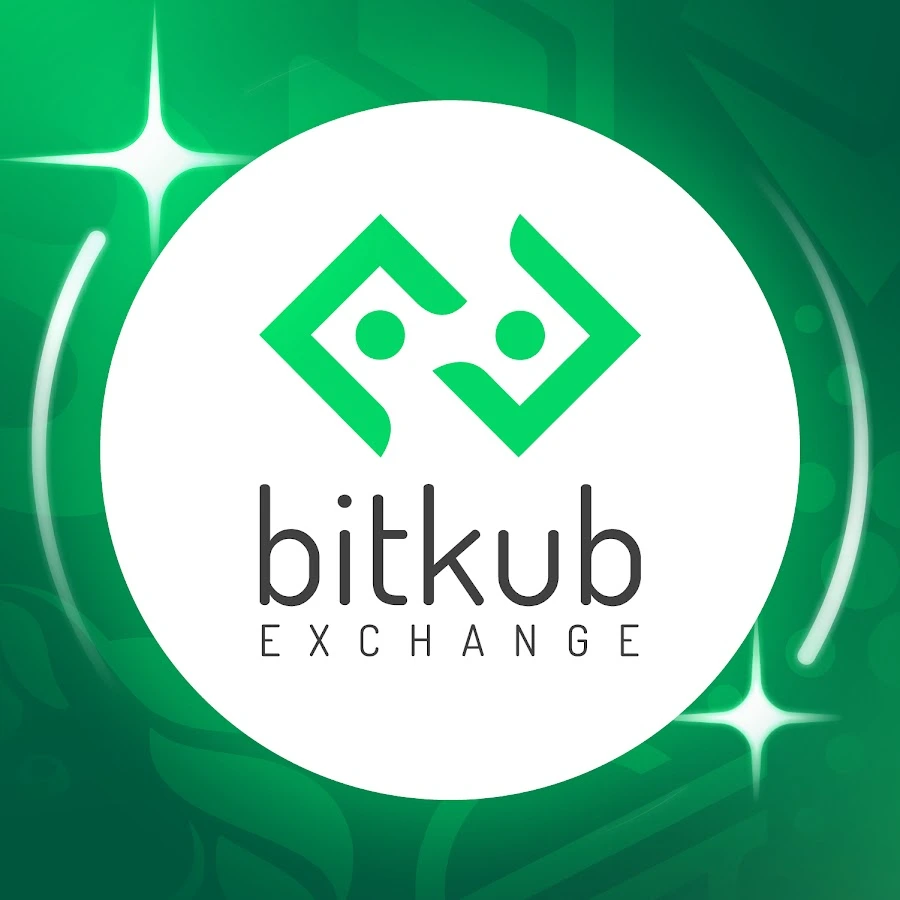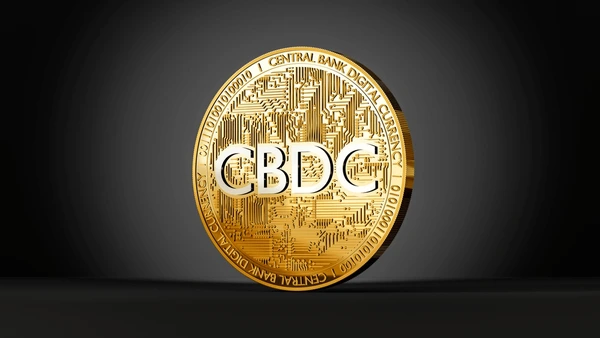What’s the Future of Crypto in Thailand? Here’s What Might Happen by 2030
What’s Really Driving the Future of Crypto in Thailand?
The future of crypto in Thailand isn’t just about coins and charts anymore. It’s evolving—fast. There’s regulation in the mix, retail and institutional interest, and even state-linked blockchain projects popping up. So, what does this mean for everyday Thais or even foreign investors hoping to ride the digital asset wave here?
Well, some say Thailand’s becoming Southeast Asia’s next big crypto sandbox, while others are more skeptical. Either way, the next five years will be anything but dull.
Let’s dive into what could lie ahead—from regulation reshuffles to tech shifts, and yes, a few unexpected turns.
Is Thailand Really Going All-In on Crypto?
Not exactly. Thailand’s approach to crypto is more measured than it might seem. Yes, the government has shown interest in digital innovation, but it’s not a free-for-all.
In fact, according to Techsauce’s 2024 crypto review, the Thai SEC has been tightening the screws on crypto advertising, ensuring investors understand the risks before jumping in. But at the same time, they’re also encouraging the growth of digital asset service providers under strict licensing.
So, it’s less “wild west” and more “licensed playground.”
Still, compared to many neighboring countries, Thailand’s attitude is refreshingly progressive. Binance has set up shop via a local partnership (Binance TH), and Thai exchanges like Bitkub continue to play a major role.

How Will Tokenization Change Everyday Finance?
Here’s where it gets interesting.
The future of crypto in Thailand might not be just about Bitcoin or Ethereum. One of the more exciting directions? Tokenization of real-world assets.
According to SCB’s deep dive on tokenization, we’re looking at a future where traditional assets like property, bonds, or even art could be fractionalized into digital tokens. That means lower entry barriers for investors—imagine owning 0.05% of a luxury condo in Bangkok without spending millions.
Sounds ideal, but—of course—legal frameworks and investor protection still need to catch up.

Will Thailand Launch Its Own Digital Currency?
CBDC, or Central Bank Digital Currency, is very much on the table.
Thailand’s central bank has been testing retail CBDCs in pilot zones since 2023, and the results have been mixed but promising. A full rollout might not happen tomorrow, but by 2030? Highly likely.
The appeal is clear: faster, cheaper, and more traceable transactions. The challenge? Balancing privacy and control. That’s the tightrope every central bank is walking right now—not just Thailand.

Credit from : Shutterstock
What’s the Outlook for Crypto Regulation?
Ah, the million-baht question.
Regulation in Thailand tends to evolve in cycles—tougher when markets get overheated, more relaxed when innovation stalls. As of 2025, regulators are focused on:
- Licensing for exchanges and wallet providers
- Clearer tax rules for capital gains (finally)
- Stronger KYC and AML compliance
There’s also growing chatter about regulating decentralized platforms, especially after Thailand hosted “The Street of the Future” event (The Standard), which brought Web3 developers, regulators, and entrepreneurs together for some pretty blunt conversations.
So, what’s next? Maybe more collaboration—maybe more red tape. Depends on who’s in charge and how the market behaves.

Will Thai Businesses Keep Accepting Crypto?
It’s already happening—albeit quietly.
From cafes in Chiang Mai to resorts in Phuket, businesses are tiptoeing into crypto payments. Not mainstream yet, but not a gimmick either. If stablecoins gain more traction and volatility calms down, adoption could boom.

The problem? Price swings still spook retailers. No one wants to sell a coffee today for 0.0005 ETH and find out tomorrow they sold it at a loss… or a major gain they missed out on.
That said, younger Thai entrepreneurs (especially in tech) are way more open to crypto than previous generations. Watch that space.
What About the Youth and the Web3 Movement?
This is where things might take off.
Thailand’s Gen Z and Millennial population is incredibly tech-savvy and financially curious. That’s a potent mix for crypto adoption—especially as Web3 becomes less about trading and more about building.

Games, loyalty programs, NFTs tied to real-world benefits… Thailand could become a regional leader in “practical crypto,” not just speculative hype.
Again, events like “Street of the Future” show how much community interest is bubbling under the surface.
Future of Crypto in Thailand: Bullish or Bearish?
Let’s be honest—it’s still a toss-up.
On one hand, Thailand has the tools, the talent, and the momentum to make a major crypto leap. Tokenization, Web3 innovation, growing education… it’s all pointing in the right direction.
But on the other? Regulation could swing hard, public trust might falter, or global markets could throw a wrench into the system.
Still, if we’re placing bets on the future of crypto in Thailand, the odds look pretty good—especially for patient builders, bold businesses, and savvy investors who understand that digital finance isn’t just a trend. It’s the next evolution.
Final Thoughts
The future of crypto in Thailand is shaping up to be a complex, fascinating ride. There’ll be ups and downs, no doubt—but if you’re watching closely (or better yet, participating), the next five years could be game-changing.
Whether you’re holding coins, launching a startup, or just crypto-curious, keep your eyes on Thailand. Because something’s definitely brewing.




